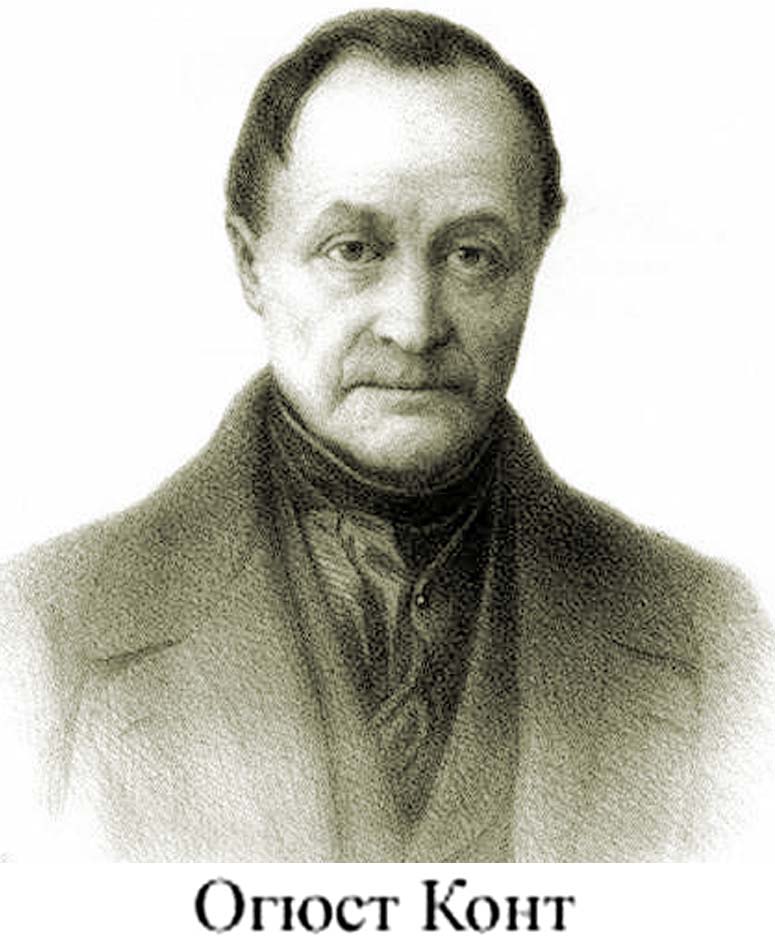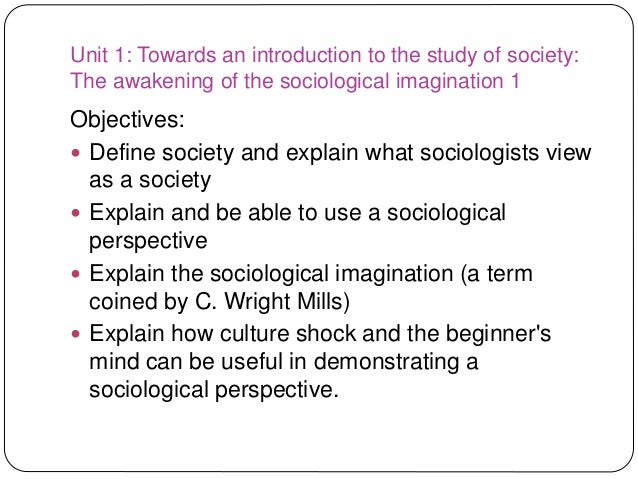Imagine waking up one morning and finding yourself in a completely different place, surrounded by unfamiliar faces and customs. You realize your clothes are wrong, your speech is confusing, and your assumptions about the world are challenged in every way. This is a fictional scenario, but it encapsulates the powerful experience of stepping outside our everyday lives and seeing the world through a fresh lens—the lens of the sociological imagination.

Image: asiasupergrid.com
The sociological imagination, a concept coined by the renowned sociologist C. Wright Mills, is the ability to connect personal experiences to broader social forces. It’s about understanding how our personal troubles, like unemployment or a failing relationship, are often rooted in larger social contexts, such as economic downturns or cultural shifts. This perspective allows us to move beyond our individual circumstances and see the world with a more nuanced understanding, recognizing the intricate tapestry of social structures that shape our lives.
A Journey into the Sociological Imagination: Unveiling the Layers of Society
The sociological imagination encourages us to ask crucial questions: Why are things the way they are? How do our individual lives intersect with the lives of others? What are the underlying power dynamics that influence our choices and opportunities? By asking these questions, we begin to peel back the layers of society and uncover the complex interplay of forces that govern our everyday experiences.
The Roots of the Concept: Historical Context and Influence
The seeds of the sociological imagination were sown in the 19th century, during a period of rapid industrialization and social upheaval. Sociologists like Émile Durkheim, Karl Marx, and Max Weber began to dissect the social fabric of their time, analyzing the impact of industrial capitalism on individual lives and the emergence of new social structures.
Durkheim, for example, explored the concept of social solidarity and how the division of labor in modern society impacted the cohesion of communities. Marx focused on class struggle and the exploitation of workers by capitalists, arguing that economic forces shape the social order. Weber delved into the role of rationalization and bureaucracy in modern society, highlighting how social institutions increasingly influenced individual action and behavior.
Foundational Concepts: Building a Framework for Understanding
The sociological imagination rests on a foundation of key concepts that provide us with a framework for understanding the social world. These include:
- Social Structure: This refers to the patterned ways in which people interact and organize within a society. It encompasses institutions like family, education, and the economy, as well as the norms, values, and beliefs that shape social interaction.
- Socialization: Throughout our lives, we are shaped by the social environments in which we grow up. Socialization is the process through which we learn the norms, values, and beliefs of our society, shaping our identities and behavior.
- Social Inequality: The uneven distribution of resources, power, and opportunities in society creates social inequality, impacting individuals and groups differently. Recognizing social inequality—such as disparities based on race, gender, or socioeconomic status—is crucial for understanding how social structures shape individual lives.

Image: tukioka-clinic.com
Real-World Applications: Bringing Theory to Life
The sociological imagination is not just a theoretical concept—it has powerful implications for real-world issues. Here are some examples:
- Understanding Inequality: The sociological imagination helps us understand the systemic inequalities that create disparities in education, healthcare, and economic opportunities. It prompts us to question why certain groups are disproportionately affected by poverty, discrimination, and other social problems.
- Critically Analyzing Social Issues: By applying a sociological lens to contemporary social issues, such as climate change, mass incarceration, or political polarization, we can uncover the underlying causes and potential solutions.
- Empowering Social Change: The sociological imagination empowers us to participate in social activism and advocate for change. By understanding the root causes of social problems, we are better equipped to address them effectively.
Harnessing the Power of the Sociological Imagination
The sociological imagination is a powerful tool for understanding the world around us. It encourages us to question assumptions, challenge biases, and see beyond surface appearances. Here are some practical steps to cultivate your own sociological imagination:
- Engage with diverse perspectives: Read books and articles from different social backgrounds and perspectives.
- Seek out different experiences: Travel to different cultures, volunteer in your community, or engage in activities that challenge your preconceived notions.
- Question your own biases: Reflect on your own assumptions and how they may be shaped by your social identity and experiences.
- Connect the personal to the global: See how your personal troubles relate to larger social patterns and historical forces.
Expert Insights on the Power of the Sociological Imagination
Sociologists like Dr. Lisa McIntyre, author of “The Practical Skeptic,” emphasize the importance of actively questioning assumptions and seeking evidence-based knowledge: “We need to be skeptical of the ‘common sense’ explanations that often dominate our thinking. The sociological imagination encourages us to look beyond individual responsibility and consider the broader social forces that shape our lives.”
Dr. Matthew Desmond, author of “Evicted,” uses the sociological imagination to explore the housing crisis in the United States, highlighting the complex ways in which poverty, race, and housing policies intersect: “We often assume that those experiencing homelessness are simply lazy or lacking in ambition. But the reality is much more complicated. It’s a product of systemic inequalities and policy decisions.”
Sociological Imagination Concept
https://youtube.com/watch?v=N-P7JbrxIlM
Conclusion: Empowering Your Perspective
The sociological imagination is not just about learning fancy sociological terms or reading dusty academic tomes. It’s about cultivating a lifelong curiosity about the world around us, a willingness to challenge assumptions, and a desire to understand the intricate forces that shape our lives.
By embracing the sociological imagination, we move beyond our individual experiences and gain a deeper understanding of the world—a world that is both complex and interconnected. This perspective empowers us to become more engaged, responsible, and compassionate citizens, actively participating in the ongoing conversation about how to build a more just and equitable society for all.






